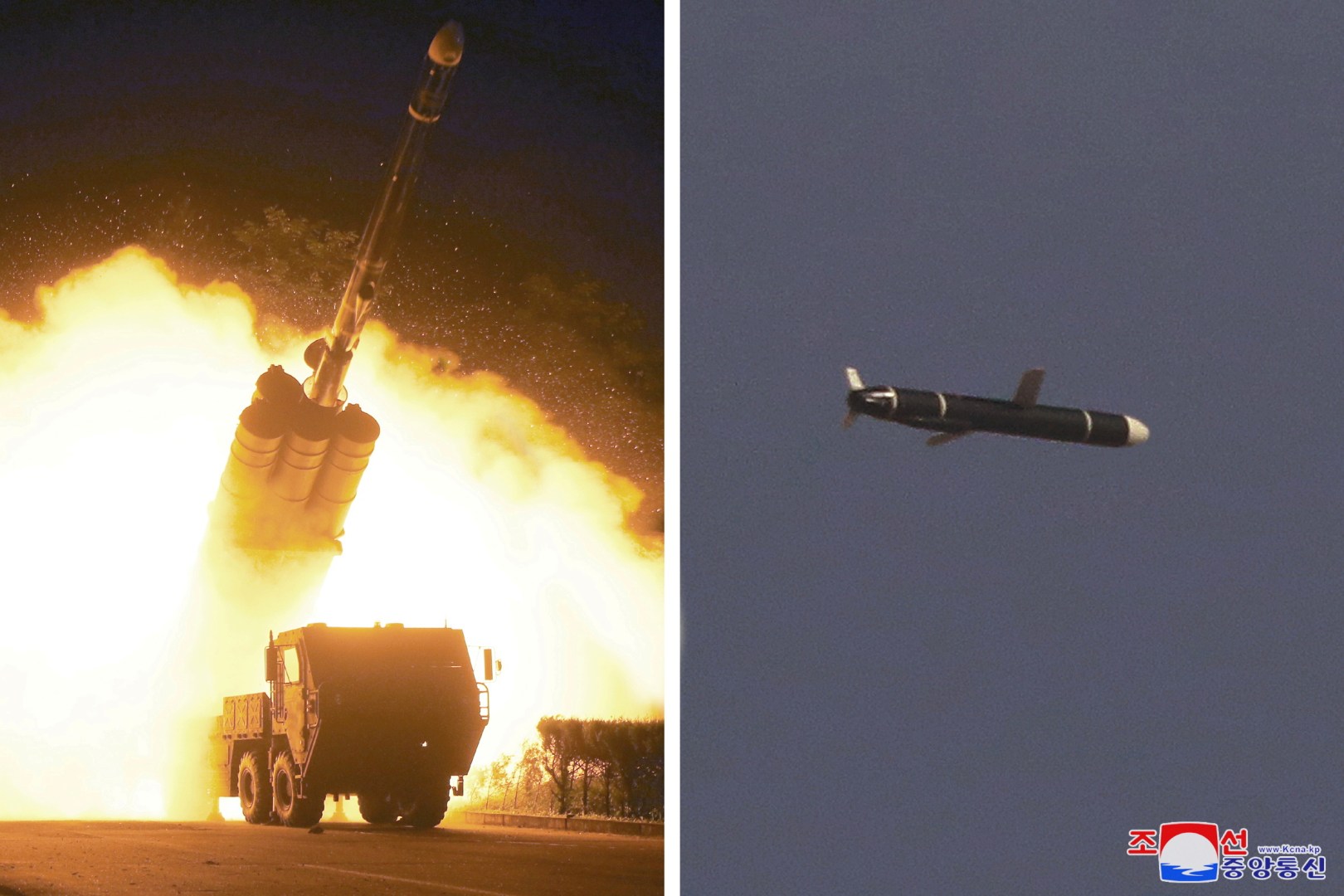
Takehiro Funakoshi, Japan’s Director-General for Asian and Oceanian Affairs Bureau: “The importance of the trilateral cooperation is not limited to the issues on North Korea, but extended to the peace and stability of the region. The Japanese Government welcomes the recent advancement of the trilateral dialogue at multilayered level.”
Sung Kim, the U.S Special Representative for Democratic People’s Republic of Korea: “And our commitment to the security of Japan and the ROK is stronger than ever. The United States is grateful to the ROK and Japan for their close coordination on the DPRK, and we look forward to continuing that today.”
Noh Kyu-duk, South Korea’s Special Representative for Korean Peninsula Peace and Security Affairs: “The three of us can have a candid discussion on how to engage with North Korea based on our shared understanding of the urgency of denuclearisation.”










